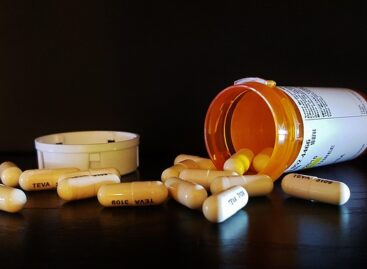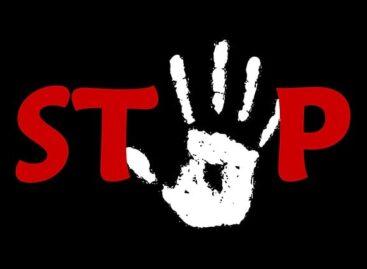Green statements in communication, such is the domestic situation in the field of greenwashing
Consumers’ purchasing decisions are increasingly influenced, but the real content of green claims and environmental labels still needs to be interpreted. The Economic Competition Authority would force companies to communicate more authentically, for which it recommends life cycle analysis (LCA), focusing on the most important environmental challenges, publicity, education and control.

The summary study of the Economic Competition Authority (GVH) examining the green communication of market players has been published. The GVH scrutinized the real content of green claims in advertising messages and the extent of their influence on consumers’ purchase intentions.
At the EU level and in Hungary, consumers demand the display of credible, comprehensive and verified performance-based sustainability claims and logos. For the majority of Hungarian consumers – if not the most important – but essential aspect, environmental awareness is. At the same time, according to a significant part of the surveyed consumers, only pre-checked and validated claims related to sustainability should appear on the products. An important outcome of the research is that a significant number of consumers are not aware of the exact content of the claims they see, and often misunderstand them. That is why education, the public and easy-to-understand transfer of information, and the controlling role of the authority play a major role.
3% of the examined advertisements communicate content related to sustainability, typically the advertisers emphasize general green image building with their messages, or they capture the environmental benefits that are easily available to them, e.g.: waste reduction or recyclable packaging. Claims of results requiring more resources for manufacturers are less common. Only 23% of the advertisements examined in the research supported their message with certificates, ratings, and research. The vast majority of advertisements (54%) had a specific message, but they were also unsupported.
Related news
GVH: Mobilredfox was fined 50 million for shortcomings related to promotions
🎧 Hallgasd a cikket: Lejátszás Szünet Folytatás Leállítás Nyelv: Auto…
Read more >Cheese-cocoa-peach jam: these are the most popular cookie flavors
🎧 Hallgasd a cikket: Lejátszás Szünet Folytatás Leállítás Nyelv: Auto…
Read more >Related news
State compensation for the victims of Bászna Gabona Zrt. has been completed
🎧 Hallgasd a cikket: Lejátszás Szünet Folytatás Leállítás Nyelv: Auto…
Read more >Festival buzz at the 60th anniversary EuroShop trade fair
🎧 Hallgasd a cikket: Lejátszás Szünet Folytatás Leállítás Nyelv: Auto…
Read more >








